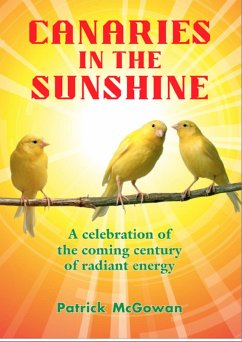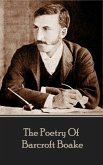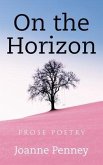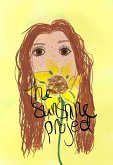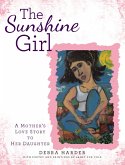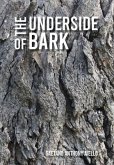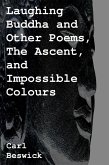What is radiant energy? Some may be more familiar with the term 'free energy', though this has become a controversial term to many in recent times. US researcher Tom Bearden calls it 'energy from the vacuum'. Many have now settled for the term 'radiant energy', a phrase first used by Nikola Tesla, one of our greatest energy pioneers.
Today there remains a dedicated circle of believers in this noble field of research into the harnessing of cheap and clean energy for all humankind. The intention of this collection is to throw light on that world for a new circle of people, ideally newcomers, and hopefully students, finding their way in the world of modern science.
The sonnet is a wonderful verse form for this purpose. It can handle both narrative and argument. And its structure ensures that the language serves the point of the story well, that it holds the parts of the story together, and it nails the argument by line fourteen. The work includes some found poems, words lifted directly from prose and rearranged into verse form. The source of each found poem is given.
This work inevitably explores some important questions about science that are raised in some of the stories, eg, is Big Science always right? Lord Kelvin, greatest scientist of his day, scoffed at the thought of any aviation other than balloons. And the debate about the existence or non-existence of an ether keeps coming up. What exactly is at stake in this debate? There's a lot to explore in these pages.
Dieser Download kann aus rechtlichen Gründen nur mit Rechnungsadresse in A, B, CY, CZ, D, DK, EW, E, FIN, F, GR, H, IRL, I, LT, L, LR, M, NL, PL, P, R, S, SLO, SK ausgeliefert werden.

